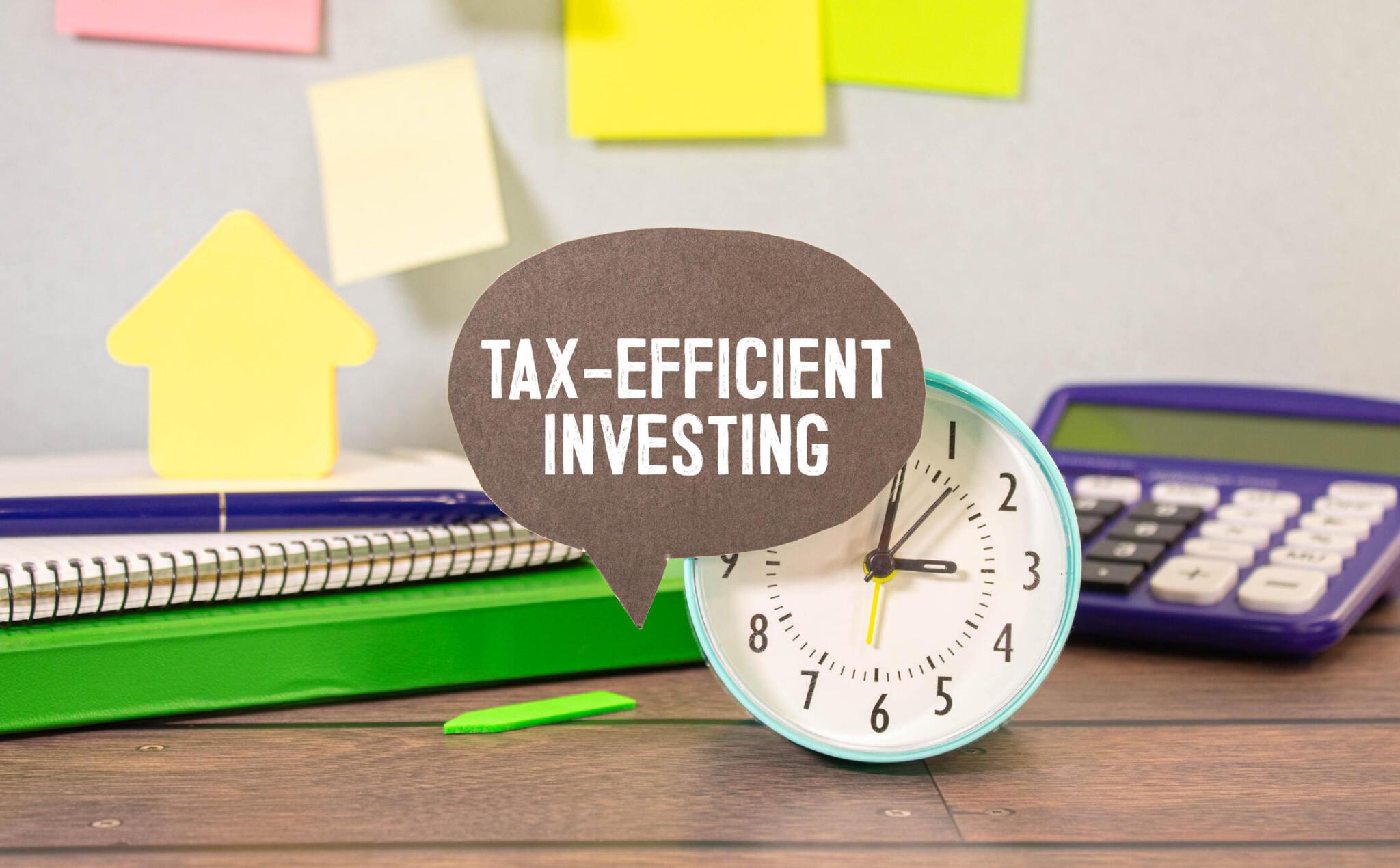
It’s natural to want to set ourselves up for financial success, and one key aspect of this is understanding and implementing tax-efficient saving strategies. By the end of this read, you’ll have a clear understanding of actionable steps to take to make your savings work harder for you (how to save smartly, reduce tax burdens, and set yourself up for a strong financial year ahead).
Understanding Tax-Efficient Saving
Tax-efficient saving involves making strategic decisions about where to put your money to minimize the impact of taxes on your investments. It’s important to take full advantage of the opportunities available to you within the legal framework to maximize your savings.
Maximizing Retirement Accounts
One of the most powerful ways to save tax efficiently is by contributing to retirement accounts such as a 401(k) or an Individual Retirement Account (IRA). These accounts provide tax-deferred growth, and in some cases, tax-deductible contributions. By contributing to these accounts, you not only save for your future but also reduce your taxable income for the year.
Investing in Tax-Advantaged Accounts
Certain investment accounts, such as a Roth IRA or a 529 college savings plan, offer tax advantages. With a Roth IRA, your contributions are made with after-tax dollars, but the earnings and withdrawals in retirement are typically tax-free. Similarly, 529 plans allow for tax-free growth when the funds are used for qualified education expenses.
Strategic Asset Location
It’s important to consider asset location when saving tax-efficiently. Placing tax-inefficient investments, such as those generating high levels of annual income, within tax-advantaged accounts can help minimize tax liabilities. Conversely, tax-efficient investments like stocks with lower dividends might be more suitable for taxable accounts.
Deductions, Deductions, Deductions
Taxes aren’t always a one-way street. Opportunities for savings are everywhere.
Student loan interest? Check. Childcare expenses? Check. Medical bills? Check. Charitable contributions? Double check!
Researching, documenting, and maximizing these deductions can significantly reduce your taxable income. Don’t let them slip through the cracks
Emergency Fund Planning
Life is random, therefore, having a safety net is fundamental. And so it goes without saying that a prepared you is a stress-free you.
Allocate a portion of your income towards building and maintaining an emergency fund. Not only does this provide financial security, but it can also have tax implications, such as avoiding penalties for early withdrawals from retirement accounts.
Healthcare Expenses and Tax Savings
Healthcare is a significant part of our lives, and fortunately, many healthcare expenses can be tax-deductible.
Another powerful tool for tax-efficient saving is a Health Savings Account (HSA). If you have a high-deductible health insurance plan, you can contribute to an HSA, and the contributions are tax-deductible. Additionally, qualified medical expenses paid out of the HSA are tax-free, making it a great vehicle for saving.
Keep track of those premiums, copays, and deductibles throughout the year – they might just be your key to a lower tax bill.
Education Savings Plans and Credits
If you have kids, grandkids, nieces and nephews dreaming of college, you can absolutely walk-around tax-advantaged savings plans and credits, such as 529 plans or the American Opportunity Credit. These can ease the financial burden of educational pursuits while providing tax advantages.
Charitable Contributions and Tax Deductions
Supporting your community is more than just good karma – it can also be a tax win. It’s good for the soul but also good for your taxes too! Donations to eligible charities are deductions waiting to happen. Just remember to keep your receipts and claim those charitable deductions. It’s always win-win situation: you help others and save some money in the process.
Give back, Get back.
When in Doubt, Call FinServe Pro
Knowing when to consult the experts will probably be one of the wisest move to make. Tax laws can be intricate, and professionals can help navigate the complexities, ensuring you optimize your financial position.
Bonus Tip: Make tax planning a year-round habit! Keep receipts, track mileage, and set aside money for taxes throughout the year. The journey towards financial success doesn’t end with tax season….
Happy saving!




